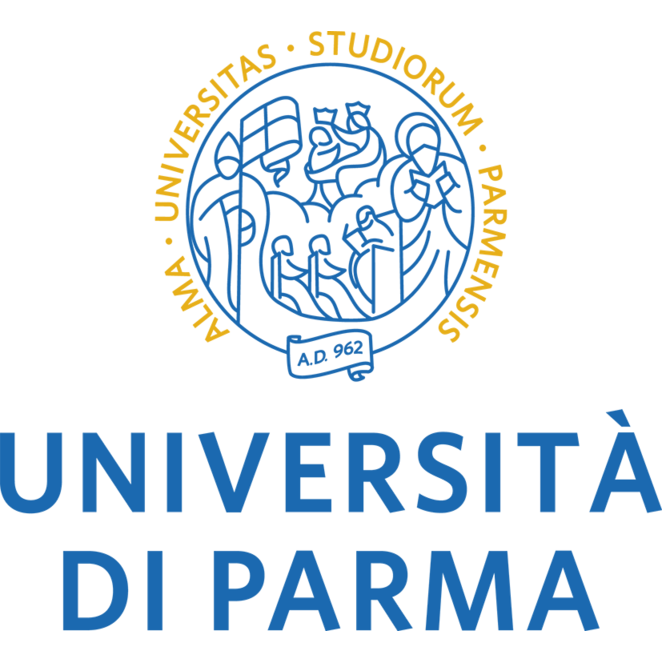«Paideia» 75, 2020
CATVLLIANA
Alex Agnesini, Lezioni divergenti da OGR all’interno della tradizione V di Catullo, pp. 439-455
Abstract / Keywords
Abstract
This paper focuses on readings from a group of recentiores (with particular reference to Catull. 28,9 and 29,3) which would seem to disagree with the communis opinio of the Catullian manuscript tradition according to which all the recentiores derive from OGR and differences from OGR are only due to conjecture or corruption.
Keywords: Catullus, recentiores.
Mariella Bonvicini, Catullo nel terzo millennio: i romanzi, pp. 457-476
Abstract / Keywords
Abstract
This paper examines two of the eleven novels published between 2000 and 2020 that feature Catullus as protagonist (Alessandro Banda, L’ultima estate di Catullo; Laura Sciolla, Mille baci, e ancora cento). The analysis deals not only with the general characteristics of such works as concerns style, language, narrative technique but also with the rewritings of the Catullan text, andnot just that, in order to highlight the vividness and resistance of classical poems in Italian contemporary popular literature.
Keywords: Catullus; Fortleben; Italian contemporary polular literature.
SI QUI FORTE MEARUM INEPTIARUM LECTORES ERITIS
Atti del Terzo Convegno Internazionale di Studi Catulliani Centro Studi Catulliani
(Università di Parma, 2 ottobre 2019)
Susanna Bertone, L’Agathe di Baudelaire, l’Arianna di Catullo e i paradisi perduti, pp. 479-491
Abstract / Keywords
Abstract
Comparative reading of the Baudelairian poem Mœsta et Errabunda, FM LXII, and of the episode of Ariadne’s abandonment in Catullus’s poem 64.
Keywords: Baudelaire; Mœsta et Errabunda; Ariadne; Catullus.
Alessandro Bettoni, Iam ualeat, quaeratque alium: un singolare addio all’amore nell’Hecatelegium I di Pacifico Massimi, pp. 493-500
Abstract / Keywords
Abstract
Pacifico Massimi’s Hecatelegium I,7,6 deploys debts from Catull. 11 and Catull. 8, subtly intertwined with echoes from other classical sources, to convey a bizarre renuntiatio amoris and to challenge the reader with a cunning and fascinating lusus.
Keywords: Pacifico Massimi; Hecatelegium; Catullus; renuntiatio amoris.
Francesco Cavalli, Le fonti delle correzioni a Catullo nel ms. Parisinus Latinus 8458, pp. 501-525
Abstract / Keywords
Abstract
The aim of this paper is to analyze the corrections and marginal variants apposed on the ms. Parisinus Latinus 8458, some of which are not attested in the surviving Catullian tradition. The collation with the incunabula seems to show that these interventions are later than Parthenius’ commentary of 1485. Moreover, some
readings show interesting connections with Pontanus.
Keywords: Catullus; Parisinus Latinus 8458; emendations; variants; incunabula; Pontanus.
Silvia Condorelli, Sulle tracce del liber catulliano tra età tardoantica e alto Medioevo: Venanzio Fortunato, pp. 527-564
Abstract / Keywords
Abstract
This paper focuses on searching Catullan echoes in Venantius Fortunatus’ poetry, thus reconstructing a step of the problematic early transmission of Catullus. The presence of intertexts that certainly bind Venantius’ text to the reading of Catullus could shed some light on the darkness which involves the circulation of Catullus’ poems in V-XIV centuries, providing at the same time an evidence of Venantius’ vast library.
Keywords: Catullus; Venantius Fortunatus; Transmission; Intertextuality.
Pere Fàbregas Salis, Textos paralelos: Catulo y Ovidio, pp. 565-581
Abstract / Keywords
Abstract
Through the study of some specific passages, this paper tries to show how Ovidian critics have taken advantage of Catullus’s text either to defend readings from the recentiores or to produce conjectures on Ovid’s text. The following passages are addressed: Ou. met. 14,531; epist. 6,154 (and 12,180); met. 6,656-658; 10,536; 1,689 (and 2,761) in correspondence to Catull. 64,10; 64,21; 65,14; 64,252; 63,71 respectively. Furthermore, it is also suggested that scholars working on different authors should collaborate more closely.
Keywords: Catullus; Ovid; textual criticism; reception.
Giovanni Grandi, Possibili nuove testimonianze per il Catullo di Giovanni Pontano, pp. 583-599
Abstract / Keywords
Abstract
This paper presents two possible new evidences for the recognition of the now lost Pontano’s manuscript of Catullus: the commentary by the Paduan humanist Francesco Buzzacarini on the ms. now in Venezia, Biblioteca Nazionale Marciana, Marc. lat. XII 153 (4453), and the ms. now in London, British Library, Burney 133.
Keywords: Giovanni Pontano; Francesco Buzzacarini; Catullus; Renaissance philology.
Dániel Kiss, New research on the manuscripts of Catullus, pp. 601-621
Abstract / Keywords
Abstract
The first part of this paper examines three codices recentiores of Catullus, namely Vaticanus lat. 1608; Rome, Biblioteca dell’Accademia Nazionale dei Lincei e Corsiniana, 43.D.20; and Austin, Harry Ransom Center 32. The second part studies the principal manuscripts OGRM. Matters that receive attention include the date and place of origin of the manuscripts, their script, illumination, annotations and ownership history.
Keywords: Catullus; manuscripts; codicology; book history.
Orazio Portuese, Un singolare documento del Fortleben di Catullo nelle probationes pennae degli umanisti, pp. 623-630
Abstract / Keywords
Abstract
The paper examines three neglected humanistic excerpta from the Catullan Liber (7,1-4; 70,1-2 e 5,7), contained respectively in the codices Urb. lat. 741, Vat. lat. 1635 and Vat. lat. 2836. They are three probationes pennae, which are interesting for a reconstruction of the Fortleben of the Liber.
Keywords: Catullus’ Fortleben; palaeography; codicology.

Commenti recenti